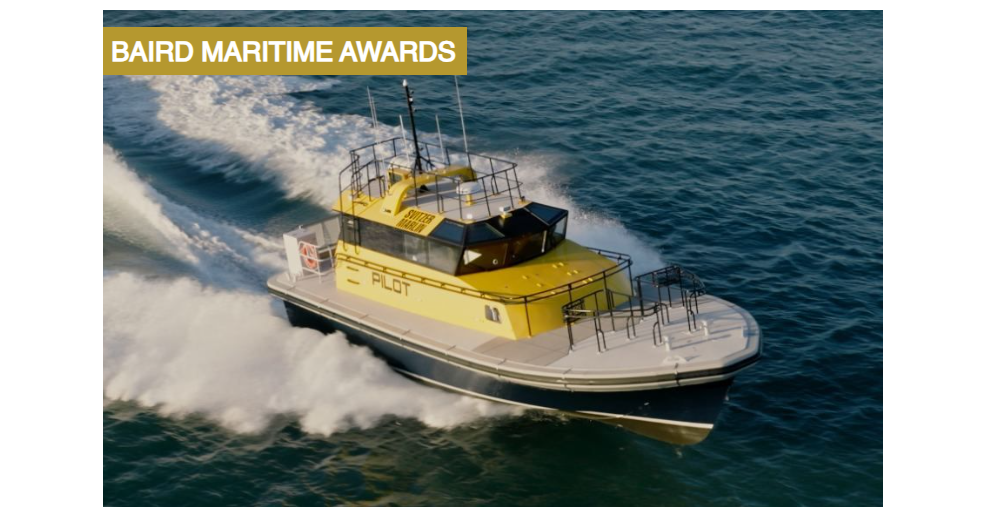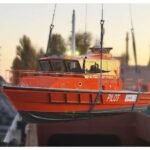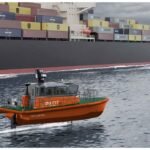When asked about trends that are impacting the Australian workboat industry, Taylor replied that there is growing interest in and demand for energy efficient or low greenhouse gas emissions technology across all sectors.
“Implementing these technologies as they become viable, or compulsory, for various operations will become a strong focus of future commercial vessel design. We have a continuing focus on following these emerging technologies and incorporating them into our designs, all while providing realistic advice and guidance to our clients who are considering options in these systems.”
Taylor added that, along with the need to ensure crew/passenger comfort and safety, environmental and emissions standards are having a significant impact on the considerations within most sectors with which Southerly Designs is involved.
“Active ride control, gyrostabilisers, and walk-to-work systems are all becoming prevalent in the new designs we are developing,” he told Baird Maritime.
“In terms of new vessels,” Warr added, “the obvious trend impacting the small commercial craft industry is reducing environmental footprint. It’s taking a while for alternatives to diesel-fuelled engines to come through into vessels of the size we build, but we expect use of hybrid options to increase in the short term. Longer term, the jury is probably still somewhat out on alternative fuel options that make sense for smaller vessels, and there are technology and infrastructure aspects to that. So that is something we follow.”
Warr clarified that that there are other ways to make operations greener. Dongara Marine was able to achieve significant fuel efficiency gains with Svitzer Marlin, which he said is a credit to both the hull design, the company’s production team for keeping the boat light, and the Volvo Penta IPS drives.
“We are also doing some work with hydrofoil technology now, again as a way of improving performance and fuel economy.”



